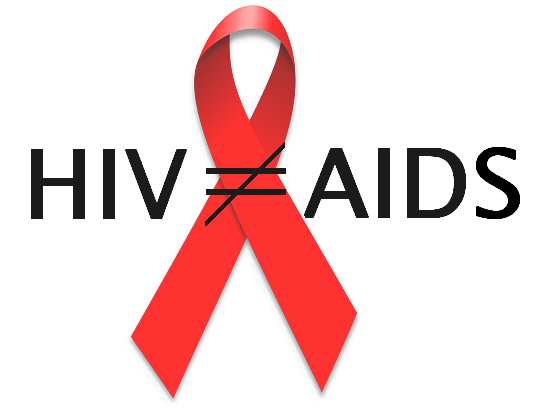By Becky John
Mrs Yemisi Olowookere, a Nutritionist with Garki General Hospital, Abuja, said nutrition intervention was very crucial in the management and better quality life of HIV/AIDS patients. Olowookere said this in an interview with the newsmen on Wednesday in Abuja.
She said good nutrition would help improve the immune function, response to treatment and help infected persons live a more productive life.
“An estimated 35 million people are living with HIV/AIDS worldwide and occurring mainly in the sub-Saharan African countries.
“However, adequate nutrition is needed as a measure for one to stay healthy, prevent disease and speed up recovery from illness,’’ she said.
According to the nutritionist, the most common symptoms of HIV reported in 95 per cent of all patients with advanced disease include loss of muscle tissue and body fat. Others are vitamin and mineral deficiencies, reduced immune function and competence, and increased susceptibility to secondary infections.
She said reduced food intake and increased loss of nutritional food could lead to rapid HIV progression. The expert said the objective of nutritional management was to maintain body weight and prevent loss of muscle mass.
She said that in maintaining a maximum functioning of the immune system, patients could improve eating habits and build essential nutrients such as carbohydrates, proteins, important antioxidant nutrient. Olowookere stressed that nutritional deficiency could lead to sores in the mouth and throat, constipation, weight loss, diabetes and cardiovascular disease, among others.
The nutritionist recommended consumption of good mixed diet that comprises adequate amount of all basic food nutrients for a healthy life.
Olowookere said basic dietary meals to be consumed for a more productive life includes cereals and grains such as yam, rice, wheat as well as legumes like beans, groundnuts and nuts. Others are milk and meat products such as fish, egg, yoghurt, beef as well as fruits and vegetables. She further advised people living with HIV/AIDS to promote food safety and hygiene, and to protect their bodies against infection.




